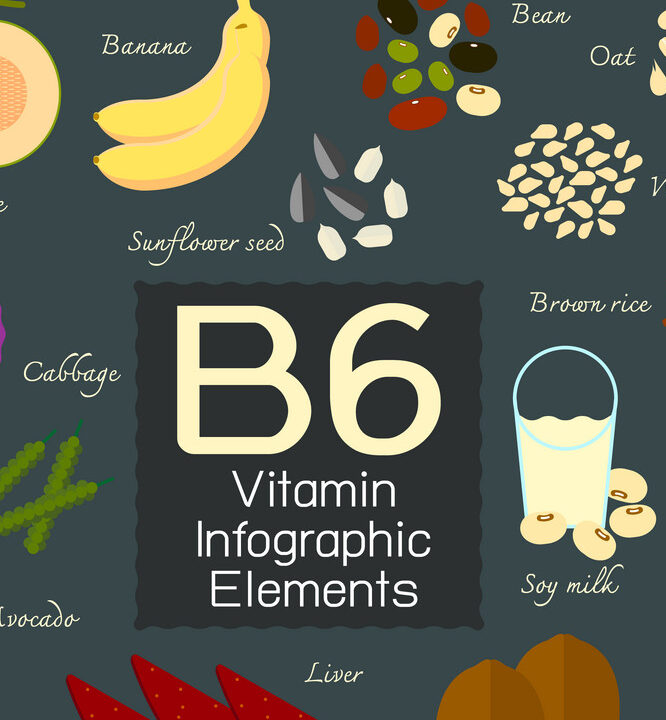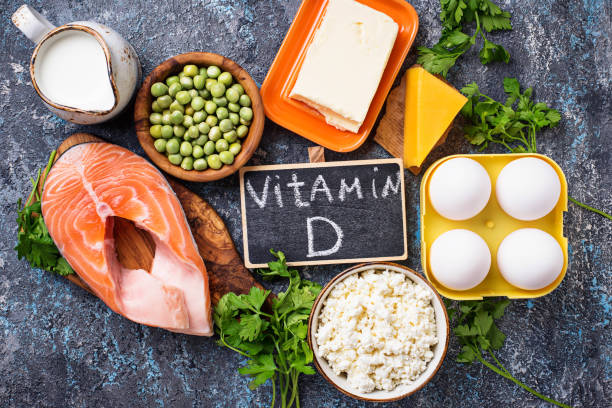Which type of vitamins are good for veins or nervous ? How to improve veins visibility on hands ? There are lot of vitamins good for veins, which can be gained by consuming food and supplements.
Learn more about vitamins for veins by reading the information provided below.
OVERVIEW
If you truly want to take care of your overall health, it’s extremely important to take good care of your nervous system. Which is mean by to take good care of your nervous and neurons and keep them in great condition. Unfortunately, this seems to be overlooked by far too many people but one way to do so is to make sure your body is taking the essential vitamins and nutrition’s that it needs. Let’s breakdown some of the most important components that are crucial to the health of your nervous system.
- omega-3

Omega-3 is a fatty acid that is found naturally in certain foods. Unfortunately, our bodies don’t produce omega-3 on their own, which means that we need to get it from the foods that we consume. Omega-3 are known to reduce the risk of heart disease and other conditions, but many people don’t realize that they can also benefit the nervous system as well. Studies found omega-3 fatty acids work to repair nerve damage after an injury has occurred. Also, they may be beneficial for those with diabetic neuropathy as well because a similar study showed that increasing omega-3 intake helped with nervous damage in the eyes of people with type 1 diabetes.
If you want to increase your omega-3 intake, you can try to eat more fish in your diet, such as salmon, mackerel and sardines, flax seeds, chia seeds, and walnuts are some other good sources as well.
2. Vitamin B12

It’s a vitamin that is typically known as an energy booster but it also offers benefits for your nerves as well. It helps the body to create DNA which keeps the nerve cells healthy. If your body is deficient in vitamin B12, nervous problems, such as numbness and tingling in the hands and feet, can occur. Some sings of vitamin B12 deficiency include fatigue, numbness, difficulty walking, and tingling in the hands, feet or legs, not to worry, many common foods are naturally loaded with vitamin B12 including meat, fish, milk, cheese and eggs.
3. Vitamin B6

When it comes to the nervous system, this vitamin helps to form neurotransmitters which are substances that comes from nerve cells and sent important messages throughout the body. Vitamin B6 also helps to form the substance that creates a protective covering over nerve cells called myelin. This means that getting adequate amount of this vitamin in your diet is necessary for healthy nerve function. Some foods that are high in vitamin B6 include chickpeas, bananas, breakfast cereal, salmon, chicken and rice among many others.
4. Acetyl-L-carnitine

One study found that acetyl-L-carnitine helps reduce pain in people with diabetic neuropathy and carpal tunnel syndrome. Although it is produced naturally in the body, it can be consumed in our diets as well from foods such as cod, chicken, beef, whole-wheat bread and asparagus.
5. Curcumin

Curcumin is the main active substance found in turmeric. Turmeric is spice from ginger family that is best known for its anti-inflammatory benefits. Curcumin also seems to offer major benefits for the nervous system as well. A study shows that several of its components work to provide protection for nervous system and can be helpful in those with diabetic neuropathy. More research is needed in this area but preliminary finding is promising.
6. Alpha-lipoic acid

It’s a substance with antioxidant properties and has been shown to help with the glucose levels of people with metabolic syndrome. But when it come to the nervous system, alpha-lipoic acid has been shown to offer benefits to those with multiple sclerosis which is a chronic disease that cause the productive covering of the nervous to be damaged. Alpha-lipoic acid also works to reduce the pain, numbness, and tingling sensation that come with diabetic neuropathy as well. Some foods that are high in vitamin B6 include chickpeas, bananas, breakfast cereal, salmon, chicken and rice among many others. If can’t be obtain by food this is when taking supplements can come in handy.
7. Vitamin D

This essential vitamin has many different roles in the body but its most known to promote calcium absorption and mineralization so that your bones can grow strong and healthy. people don’t realize that vitamin D also effects the nervous system as well. studies found out that vitamin D deficiency can put people at a higher risk for neurological diseases such as schizophrenia, Alzheimer’s diseases and multiple sclerosis. Your body can take vitamin D directly from sunlight, or you can get it from your diet by eating foods like salmon, tuna, milk, eggs and mushrooms.
BOTTOM LINE
Everything mentioned here is consider to be safe for consumption and all this suggestion are not directed or guided by any physician. it is still best to concern your doctor or check up with your doctor first before adding any new food or supplement to your diet.

